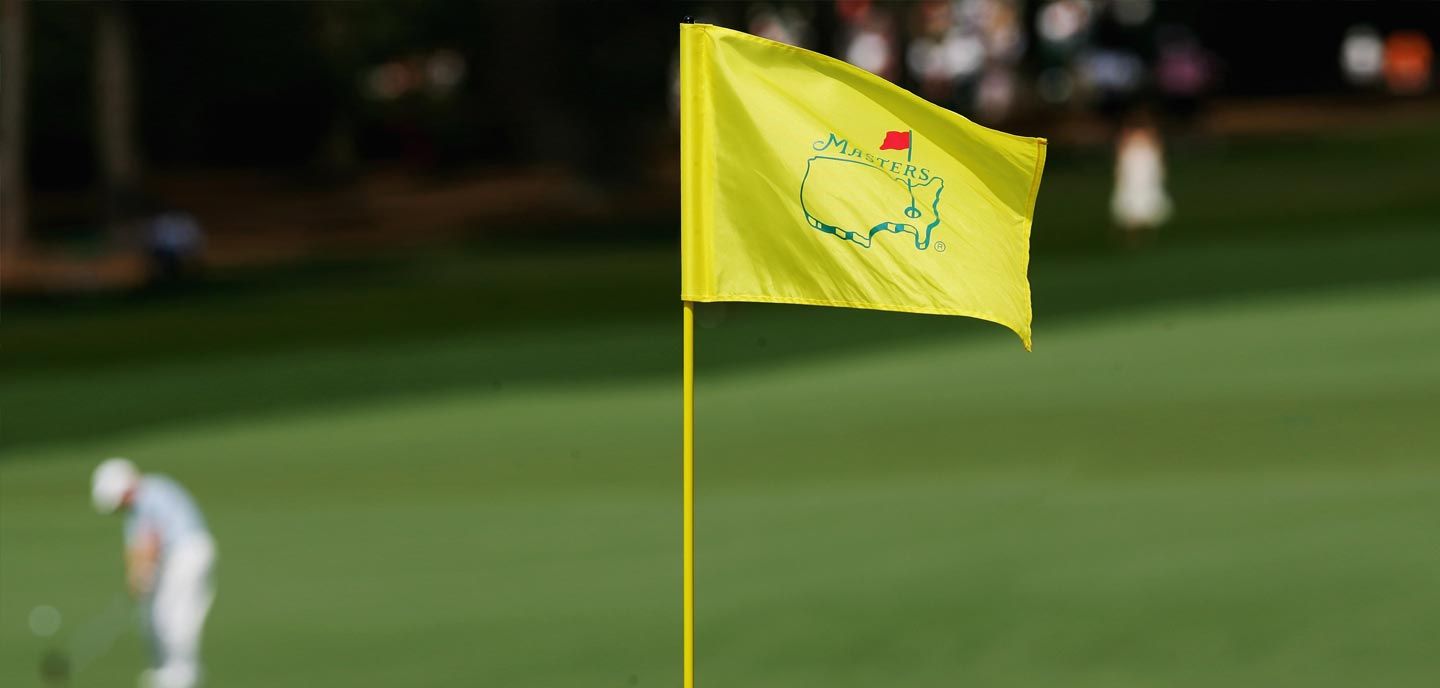There are few sporting events with the heritage, tradition, and status of the Masters.
The soft piano music of the TV broadcast combined with the slow drive down Magnolia Lane sets the scene for a weekend full of challenges, triumphs, and memories of days gone by. If you enjoy watching golf, you cannot wait to see what will happen as players attack the historic course.
But each new field of players is never just about the tournament underway, but also what has occurred at Augusta in the past, since looking back at previous Masters is almost as important as the tournament being played.
Get our "Top Articles" sent to your inbox weekly.
The introduction of Tiger Woods to the world in 1997, Jack’s victory in 1986, and Bubba’s shot in the 2012 playoff to set up victory remind us all of what has come before. We get caught up in these moments, eager to relive the past and allow ourselves to enter into the present narrative.
Parallel with a more significant event
The history, emotions, and celebration present each year at the Masters is similar to another major event that occurs each year around the same time—Holy Week.
Beginning with Palm Sunday and Jesus’ entry into Jerusalem, Holy Week encapsulates all the events that lead up to Jesus’ resurrection on Easter Sunday. This year, Holy Week begins the same day the Master’s concludes.
With these two events overlapping and as strange as connection as it may seem, there are a number of things that the Masters can remind us about Holy Week. In making these connections, we find that even a golf tournament can help us prepare to celebrate Jesus’ death and triumph over the grave!
(This certainly doesn’t mean that they are equal in gravity nor importance. Simply that the narrative surrounding one has parallels in how we might approach the other.)
Tradition matters
The Masters would not be what it is today without the traditions that are associated with it.
The Masters is the only golf major that does not change course, always being played at Augusta National during the first full week of April. The champion’s dinner, the par 3 contest the day before the event, the previous champions ceremonial tee shot, and the green jacket awarded to the winner all add to this experience.
At times, traditional elements of our society can seem outdated or unnecessary. However, they play a crucial role in our understanding and experience surrounding an event.
To remove the tradition of the Masters would harm the competition. If a tournament called the Masters was played at Augusta National in June with a normal trophy being given as the prize, it would not be same. The tradition and timetable of the Masters helps create a space in which the events leading to Sunday create the setting for an epic victory.
This is the same with Holy Week.
If we only celebrate Easter Sunday and the resurrection, we miss the significance within the entire week. Celebrating the triumphant entry of Jesus, witnessing Jesus’ care for his disciples on Maundy Thursday as he washed their feet, encountering his suffering on the cross during Good Friday, and living within the unknown of Holy Saturday allow us to build up to, and better understand, the celebration that comes on Sunday. To remove any of these elements lessens our understanding of the events surrounding this week and the sacrifices Jesus made.
While we may focus on Easter, it does not stand on its own—tradition matters.
Joining in
In 2005, Tiger Woods faced a tough chip on the 16th hole. Woods hit the ball about 20 feet above the hole on the slope of the green. Placing the ball exactly where he aimed, the ball began heading toward the hole, and landed in the cup.
Even rewatching the video years later, a person gets mesmerized by the ability of Tiger Woods. While the skill is brilliant on its own, the noise of the crowd brings additional effect to this highlight.
The crowd begins silent, and as the ball gets closer to the hole, they grow louder. When it stops right on the lip of the cup they seem as if they are about to cry, only to have the ball drop in to the roar of those present.
As fans, we love entering into the narrative of the competition unfolding before us. Celebrating victories, grieving over defeats, and allowing ourselves to be caught up in the emotion before us becomes something we want to be a part of, even if we are not the central actors.
We should want to be a part of Holy Week—arguably the most riveting drama in human history—in the same way.
When we read through the scriptures about these events we can place ourselves within the story, just like we do when watching a game. We cheer as Jesus enters triumphantly into Jerusalem, we empathize with the care Jesus shows his disciples, and grimace as he is beaten by the Romans before dragging his cross up a hill.
When we read the scriptures in this way it adds an entirely new dimension to our understanding of Jesus’ love, sacrifice, and triumph.
While we are not the central actors in the story, our own understanding of what occurred changes when we join in.
We celebrate on Sunday
For both the Masters and Holy Week, Sunday is the culmination of the week. All of the struggle, tension, and uncertainty are decided on Sunday.
At the Masters, the to-be champion walks up to the 18th green where the emotion of this achievement is seen on their face and the joy present is expressed when they put on the green jacket.
While it is quite an achievement to win a green jacket, a victory at Augusta is nothing compared to the victory that Jesus achieved on Easter Sunday.
With his resurrection, death was defeated once and for all. The sin and death that plague our world do not have the final say—God does. This victory is shared with us, as we are invited to share in this life with Jesus.
In his book Surprised by Hope, retired Anglican Bishop and New Testament scholar N.T. Wright wrote, “The message of Easter is that God's new world has been unveiled in Jesus Christ and that you're now invited to belong to it.” We celebrate this victory on Easter Sunday, a triumph far more important than any sporting event or any other circumstance we can experience in this life.
An Invitation to Participate in Holy Week
The Masters is a wonderful week, full of history, beauty, and skill. We can participate in the Masters like never before through apps for our devices and non-stop coverage on television.
We will all wait to see who is victorious on Sunday, writing their name into the history books. While it is a special time, it doesn't compare to the awe and significance that Holy Week should create with even the slightest reflection.
Just like we can get involved in the Masters, I would encourage you to participate in Holy Week. Read the scriptures, attend a worship service on Maundy Thursday or Good Friday, and celebrate Jesus’ resurrection on Easter.
While we can only watch the Masters, God invites us to participate in Holy Week and the new world ushered in on Easter morning, a kingdom present now and forevermore.














